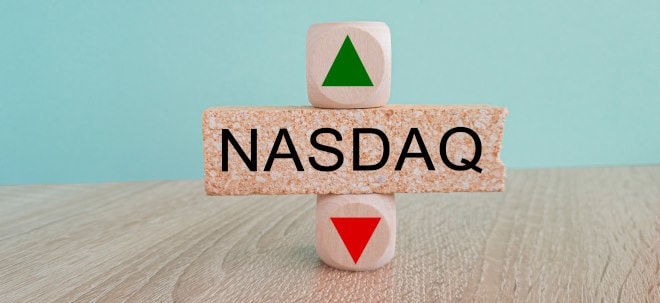U.S.-listed Chinese Internet portals saw their shares get hammered after Beijing published regulations controlling content and foreign investment in domestic ".com" companies.
Internet analysts said on Tuesday that move adds to the confusion about foreign investment in the sector.
The rules, issued by the state-backed Xinhua News agency on Monday, require that Internet content providers (ICPs) seek approval from the Ministry of Information Industry (MII) before they receive foreign capital, cooperate with foreign businesses or seek listings at home or overseas.
Internet companies have 60 days from October 1 to provide information on their businesses to the MII to get licensing. Unlicensed ICPs or portals risk fines or closure.
Additionally, ICPs or portals will be held responsible for self-censorship, by blocking illegal or subversive content from being distributed through their Web sites.
Such content includes material that "harms the reputation of China, spreads ideas that threaten the reunification of China, or the stability of Communist Party rule and social security," reported the South China Morning Post on Tuesday, citing the regulations.
Rules still murky
Venture capitalists say that the new rules are vague and fail to clarify the gray area governing foreign investment in China's Internet sector.
"This is just going to make venture capitalists more averse to investing in China. And it sows the seeds of additional confusion, where there existed a lot before," commented Thomas Tsao, managing director of W.I. Harper Group in Hong Kong, which invests in Internet start-ups in the mainland.
Getting MII approval is far more difficult than obtaining it from the China Securities Regulatory Commission, the financial watchdog that now approves all new listings, he added.
It will also spur the movement of Chinese ICP providers to move offshore by registering themselves overseas. Many venture capitalists will not invest in Chinese registered companies due to existing regulatory hurdles.
However, despite the new MII licensing requirement, the limitations on foreign investment are unsurprising. "There are some who thought that Beijing would be more relaxed who may be disappointed, but for the most part it's pretty much as expected," said Antonio Tambunam, Internet analyst at Deutsche Bank in Hong Kong.
But in a country where regulations can change overnight, the latest rules should not be seen as set in stone.
"In China, what's more important is the prevailing government policy rather than regulations. And right now the prevailing policy appears to be discouraging foreign investment in ICPs," said Victor Lean, partner of Partners-e, a venture capital group that has several investments in the mainland.
Self-censorship worrying
More ominous for industry players are the self-policing requirements. ICPs must keep records of all Web site content and dial-up users, and be prepared to hand over those records to the police, according to the rules.
Even if such censorship could be enforced, the cost of the technology to screen for content and users will be very expensive for most start-ups and a further disincentive for foreign investors, said W.I. Harper's Tsao.
"It's like imposing another tax on them because you're forcing them to do more admin and requiring them to keep track of their content and user base. I think my money would be better spent elsewhere," he added.
The self-censorship rules could be bad news for China's big three consumer portals -- Sina.com (SINA: news, msgs), Netease.com (NTES: news, msgs) and Sohu.com (SOHU: news, msgs) -- all of which provide news and information on their sites.
The Internet portals slumped overnight in New York in reaction to the news. Shares of Sohu.com slid 6.45 percent to 5.43, while shares of Netease.com sank 5.75 percent to 5.13. Shares of Sina.com tumbled 12.39 percent to 12.38.
Though the portals are structured as overseas companies with mainland operating contracts and don't have to worry about compliance with the MII, "they still need to be careful about their content and how they work with people," said Tambunam.
In the meantime, most industry players will continue to operate as they have in the past -- in a gray area. Furthermore, the rules came a little bit too late, as foreign funding for mainland ICPs has largely dried up.
"Internet companies in China are in a consolidation phase and a lot of them won't be getting capital infusions from foreigners anyway, so these rules are kind of irrelevant right now," concluded Lean.
--------------------------------------------------
Vivian Chu is a reporter for CBS.MarketWatch.com.
|


 Thread abonnieren
Thread abonnieren

